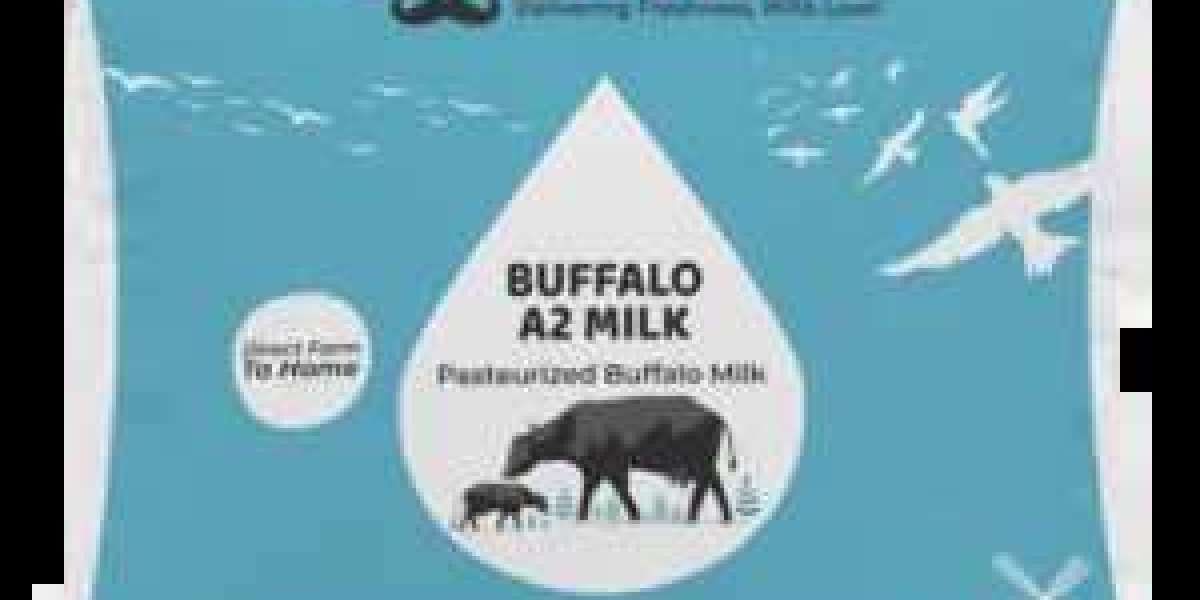Salt is essential for the health and well-being of many animals, including goats. Goats, like other livestock, have a natural craving for salt because it plays a critical role in their overall health, metabolism, and well-being. Farmers and animal caretakers often provide salt licks or mineral blocks to goats to ensure they meet their sodium and mineral needs.
Algohar World natural salt lamps that are believed to provide various benefits, combining both the aesthetic appeal and the potential health advantages associated with Himalayan salt lamps.
Why Do Goats Need Salt?
Goats, like all mammals, require salt (sodium chloride) for several essential bodily functions. Sodium and chloride are electrolytes that play vital roles in maintaining fluid balance, nerve function, and muscle contractions.
1. Sodium and Chloride as Essential Electrolytes
Sodium helps regulate water levels in the body and maintains blood pressure. Chloride, on the other hand, aids in digestion by contributing to the production of stomach acid (hydrochloric acid). Goats need these minerals to ensure their bodies can function optimally. Without sufficient sodium and chloride, goats can suffer from health issues such as dehydration, poor digestion, and impaired nerve function.
2. Salt Deficiency in Goat
In nature, goats would consume salt from various plants, water sources, or naturally occurring salt deposits. However, in a managed environment, such as a farm or pasture, goats may not have access to sufficient natural salt. This is why farmers provide salt licks or mineral blocks as a supplemental source. When goats lack salt in their diet, they may exhibit symptoms of deficiency, such as lethargy, reduced appetite, poor coat quality, and muscle weakness.
Why Do Goats Lick Salt?
Goats instinctively know when they are low on salt or minerals. They will seek out salt when they feel the need for it, and this is where salt licks or mineral blocks come into play.
1. Natural Instinct for Salt
Goats, like many herbivores, have evolved to crave salt. They may lick rocks, soil, or other objects in search of salt. In the wild, goats often migrate to areas with natural salt deposits, commonly referred to as "salt licks." This instinctive behavior ensures that they consume the sodium and minerals necessary for survival.
2. Balancing Electrolytes and Preventing Dehydration
Goats lose electrolytes through sweat, urine, and feces, especially in hot weather or during periods of high activity. By licking salt, goats replenish the sodium and chloride lost, helping to maintain their electrolyte balance. Salt also encourages goats to drink more water, which is essential for hydration.
3. Enhancing Feed Consumption
Salt is an appetite stimulant. By providing salt, farmers can encourage goats to eat more of their regular feed, which can be particularly beneficial during times of stress, illness, or when the goats have low appetite.
4. Mineral Supplementation
Salt licks and mineral blocks often contain additional trace minerals such as calcium, phosphorus, magnesium, and zinc. These minerals are important for various physiological processes, including bone development, reproduction, and immune function. Goats will lick these blocks not only for the salt but also for the additional minerals.
Wait: Providing goat licking salt is an essential practice that supports their health, productivity, and well-being.
Benefits of Salt for Goats
The benefits of salt for goats extend beyond basic electrolyte balance. Here are several key advantages of providing salt to goats:
1. Improved Digestion
Salt helps stimulate the production of saliva, which is necessary for the digestion of fiber-rich diets that goats typically consume. This saliva production helps break down food more efficiently in the goat's rumen (the first stomach compartment in ruminants), allowing for better absorption of nutrients.
2. Enhanced Reproductive Health
Adequate salt intake is important for maintaining reproductive health in both male and female goats. Sodium plays a role in hormone production and the regulation of reproductive cycles. A salt deficiency can lead to reproductive issues, including poor fertility rates and complications during pregnancy.
3. Stronger Immune System
Salt and the minerals in salt licks contribute to the overall immune function of goats. For example, zinc is necessary for proper immune response, and its deficiency can lead to weakened immunity, making goats more susceptible to diseases.
- Increased Milk Production
For lactating goats, especially dairy breeds, salt plays a role in milk production. Sodium helps maintain the water balance in the body, which is crucial for milk synthesis. Farmers who provide adequate salt often notice improved milk yield and quality in their goats.
5. Healthier Skin and Coat
Sodium and other trace minerals help improve the health and appearance of a goat's skin and coat. Goats with adequate salt intake often have shinier, healthier coats, while a deficiency can result in dull fur and skin issues.
Conclusion
Salt is an essential nutrient for goats, supporting everything from electrolyte balance to digestion and reproductive health. Goats instinctively lick salt to meet their nutritional needs, and providing them with appropriate salt supplements is a vital part of responsible animal management. Whether you use plain salt licks, mineral blocks, or loose salt, ensuring that your goats have access to salt will promote their health, enhance their productivity, and improve their overall well-being.








